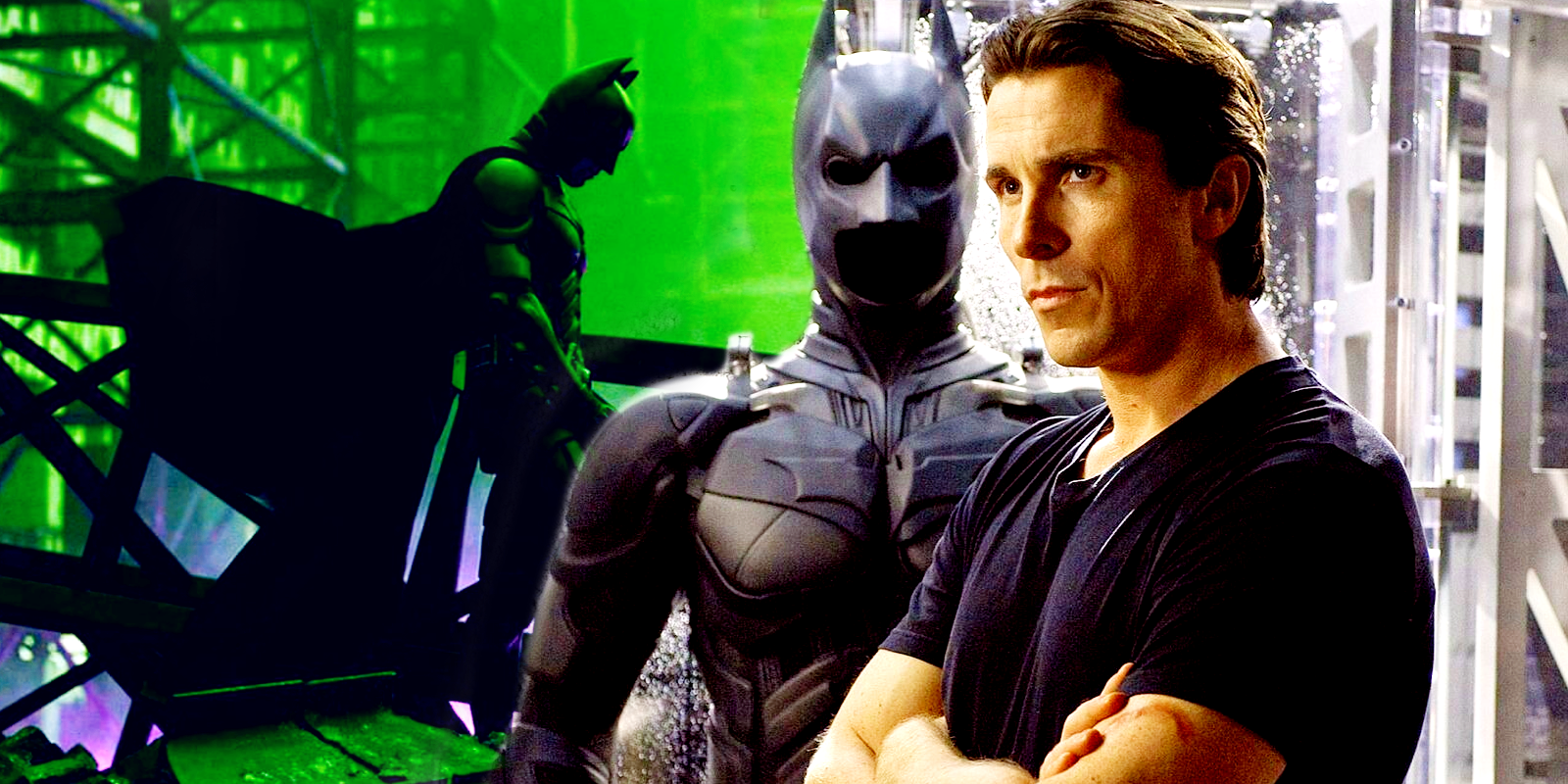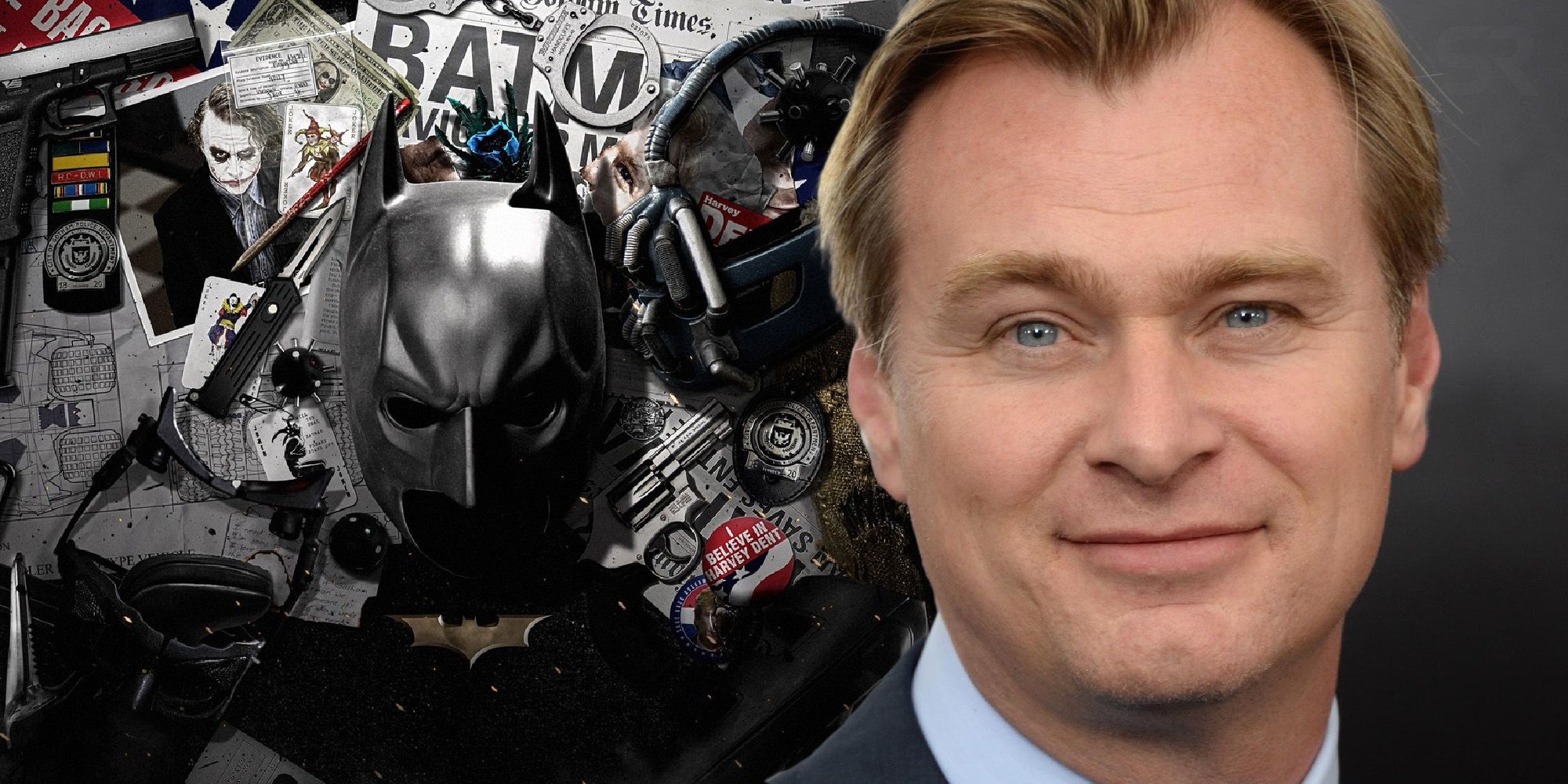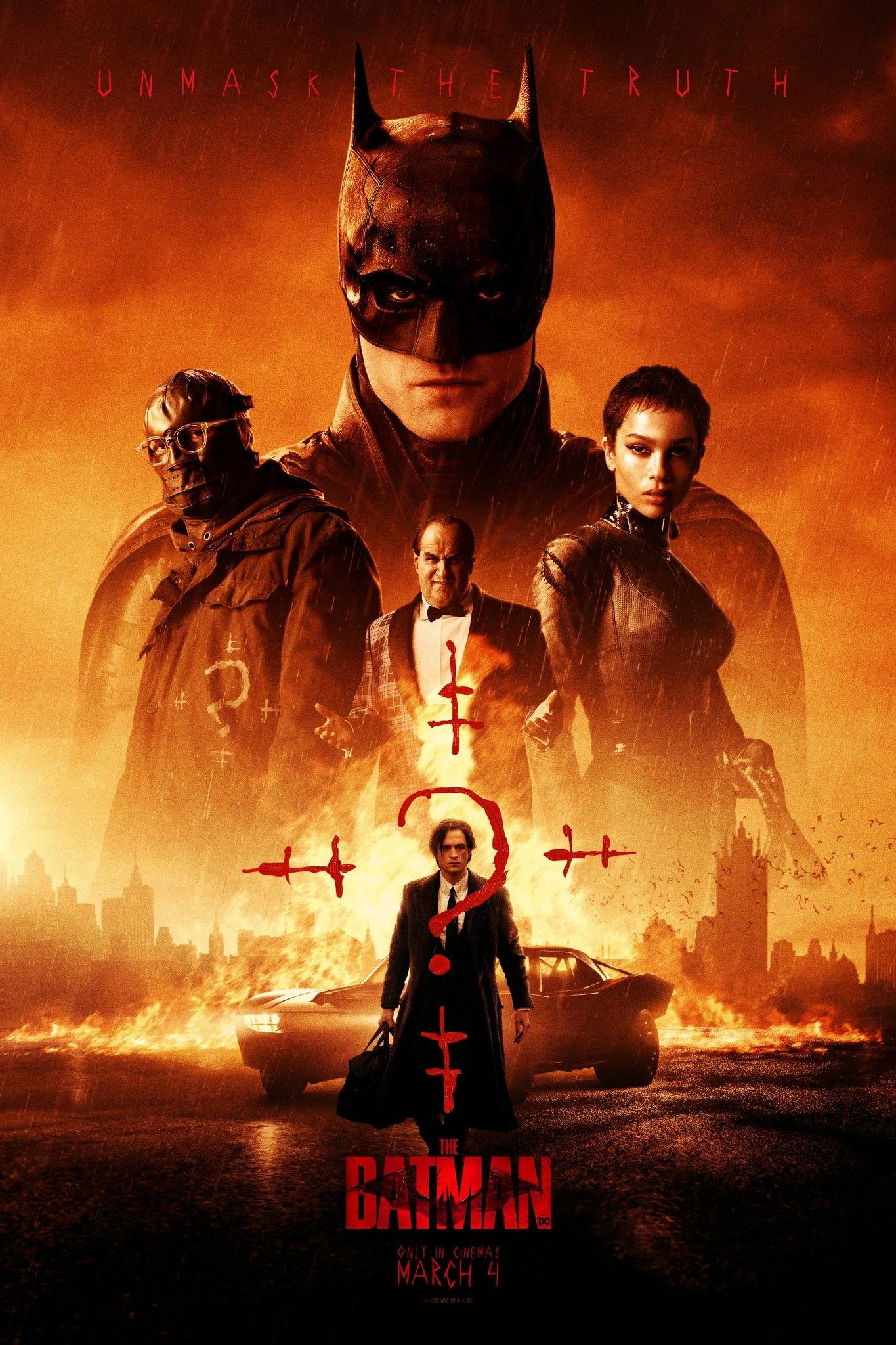For all of Christopher Nolan's success and innovation, The Dark Knight trilogy failed to capture the Caped Crusader's unending quest against crime and corruption in Gotham City. "Crusader" carries the connotation of a fanatical campaign against something, often harming others in the pursuit of these goals. The Dark Knight Rises, in particular, ended Bruce Wayne's tenure as Batman in a way that clashed with the endless nature of this struggle.
The Dark Knight showed how irreconcilable Bruce Wayne's life as Batman was with any personal life, as seen by Rachel Dawes's death. While a happy ending for Bruce Wayne is not out of the question, Nolan's trilogy presented itself as a dark rumination on what the consequences of being a crimefighter like Batman would be in a grounded, realistic world. While they were rightly praised for taking a more serious tone after Tim Burton's expressionistic Gotham City and Joel Schumacher's campy, neon dreamscape, Nolan's trilogy ended in a way that is at odds with its strengths.
Throughout Nolan's trilogy, the look of Gotham City changed. The dingy streets of Batman Begins gave way to the cleaner skyline of The Dark Knight, which in turn gave way to the snow-covered streets of The Dark Knight Rises. This setup could easily have allowed for further chapters in the series. Seeing the wave of the MCU beginning to crest in 2012 with The Avengers about to assemble, perhaps Nolan's decisions were made to seal off his Batman from any threat of continuation by other filmmakers or prevent his Batman from appearing in the DCEU. By ending his series in such a definitive way, however, he failed to capture an essential element of Batman's crusade against crime – namely, that it is incessant. Providing his version of Batman with an ending at all shows that, for all his effective characterization throughout the trilogy, Nolan ultimately failed to grasp this central pillar of Batman's motivation, compromising the overall success of The Dark Knight series.
In some ways, Nolan's trilogy has more in common with Bryan Singer's X-Men movies and Sam Raimi's Spider-Man trilogy. These eccentric, director-driven films tried to ground their colorful comic book source material in the real world after decades of cartoonish, stylized adaptations. Like Nolan's trilogy, these movies look quaint in contrast to the grand cinematic universes that have since cropped up. Interconnected cinematic universes can match the long, sweeping narratives of their source material in a way that the ending of The Dark Knight Rises short-circuited. While it is understandable that Nolan would step away from Batman after three films, ending his trilogy so conclusively conflicted with how Batman's ongoing crusade has been portrayed in other serialized formats.
For all their critical acclaim and commercial success, Nolan's movies do not handle sentiment very well. Having Batman and Catwoman renounce their titles and live happily ever after may be an intriguing premise, but The Dark Knight Rises is not the movie to successfully execute this ending, especially in a way that is in keeping with what came before. Yet it builds upon what Nolan instituted with the ending of The Dark Knight, as Batman tells Gordon in the 2012 sequel, "The Batman wasn't needed anymore; we won." While this does allow for a definitive ending to the story, odd choices like this are why The Dark Knight Rises is often considered the low-end of The Dark Knight trilogy.
The Dark Knight trilogy gave audiences Heath Ledger's Joker, riveting action sequences and endlessly quotable dialog, making its few shortcomings forgivable. With Matt Reeve's upcoming The Batman appearing to focus on the grittier crime procedural elements of the character and taking inspiration from David Fincher's Seven and Zodiac, perhaps audiences will soon see a Batman who embodies the title of Caped Crusader in ways Nolan's Batman did not. Until then, viewers can still enjoy The Dark Knight trilogy's representation as just one portrayal of an iconic character, rather than the definitive interpretation of Batman on screen.
Next: The Batman's Riddler Is Borrowing A Villain Trick From Dark Knight's Joker



